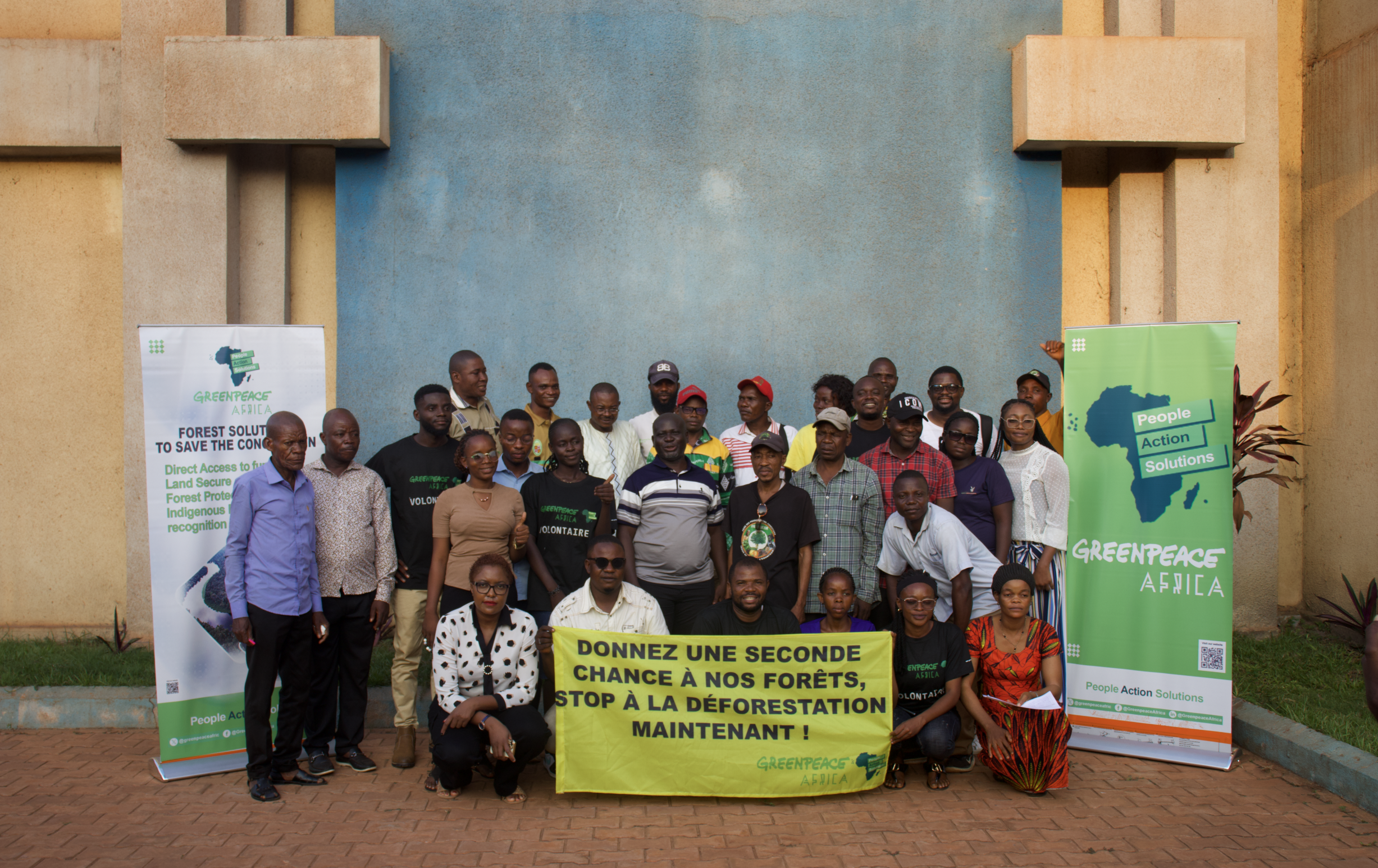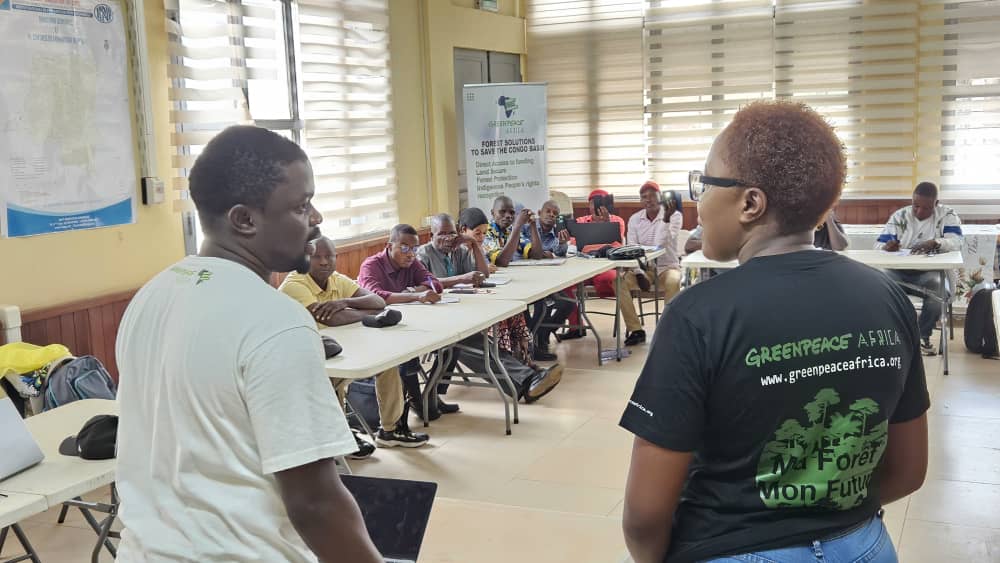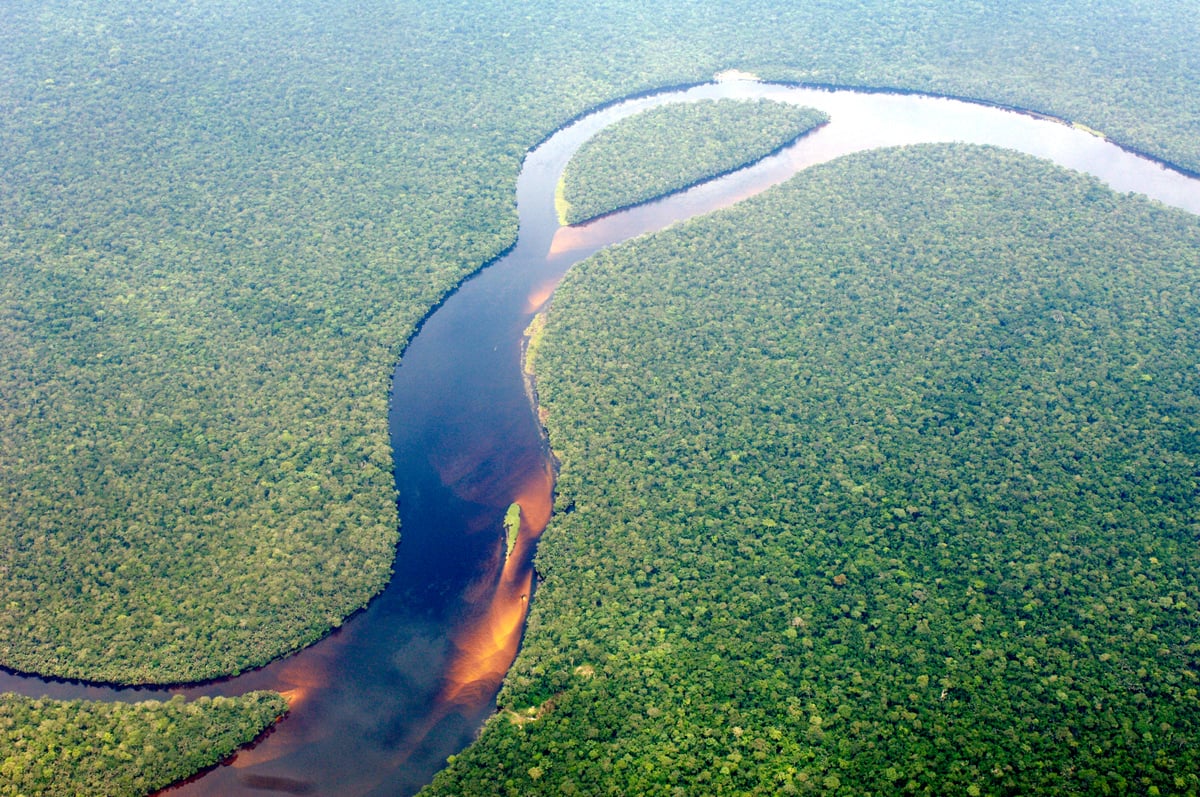DRC’s Environment Ministry stated this week that plans were underway for lifting of the 16-year long moratorium on the allocation of new logging concessions in the world’s second largest tropical rainforest. Simultaneously, a revision of the country’s Forest Code, understood to now be at an advanced stage, has been secretly underway without the involvement of key stakeholders including NGOs, and is likely to see weakening of the controls over future logging activities. Up to 75 million hectares of pristine rainforest could be at risk, an area larger than the size of France. This is the latest in a series of threats by DRC’s government to open its forests to large scale logging.
Environmental organisations have told key donor governments and agencies such as Norway, UK, France, the US, Germany and the World Bank that their respective programmes aimed at protecting DRC’s forests would be threatened by the lifting of the moratorium, which “will have catastrophic environmental, social and climatic impacts” and will likely promote corruption and conflict [1].
Jo Blackman, Campaign Leader at Global Witness, said, “Any moves to lift the moratorium before elections could see forests become the next victim of a scramble for DRC’s natural resources. Impunity is rife in the forest sector and DRC is facing increasing insecurity and political instability. Any expansion of industrial logging would have irreversible damage on the forest, its communities and the global climate.
The international NGOs have called on international donors immediately to suspend their funding to the DRC government for the forest sector until they receive guarantees that the moratorium will remain in place and that the concessions awarded in breach of the moratorium are cancelled and sanctions are taken against those involved in allocations in breach of the moratorium.
Simon Counsell, Executive Director the Rainforest Foundation UK said: “The lifting of the logging moratorium in DRC would drive a coach and horses through the country’s apparent commitments to reducing its carbon emissions from deforestation and degradation. Carbon emissions from forests are likely to soar, and the international community must look closely at whether funding REDD programmes is now viable”.
Victorine Che Thoener, Project Leader Congo Basin Forests at Greenpeace added, “Awarding large-scale industrial logging concessions now means selling off among the world’s most environmentally rich areas for short-sighted economic interests of a few individuals. Before the government can credibly demonstrate that they have the well-being of the Congolese people and the forest in mind, lifting this moratorium is both morally and economically unjustifiable. ”
Media contacts:
[email protected]; Campaign Leader, Global Witness; +44 (0)7912 517 126
[email protected]; Director, Rainforest Foundation Norway; +47 (0)481 88 148
[email protected]; Project Coordinator Congo Basin Timber, Greenpeace; +47 (0)4510 1884
[email protected]; Executive Director, Rainforest Foundation UK; +44 (0)794 955 9969
Notes to Editors
[1] A full copy of the letter is available here.



